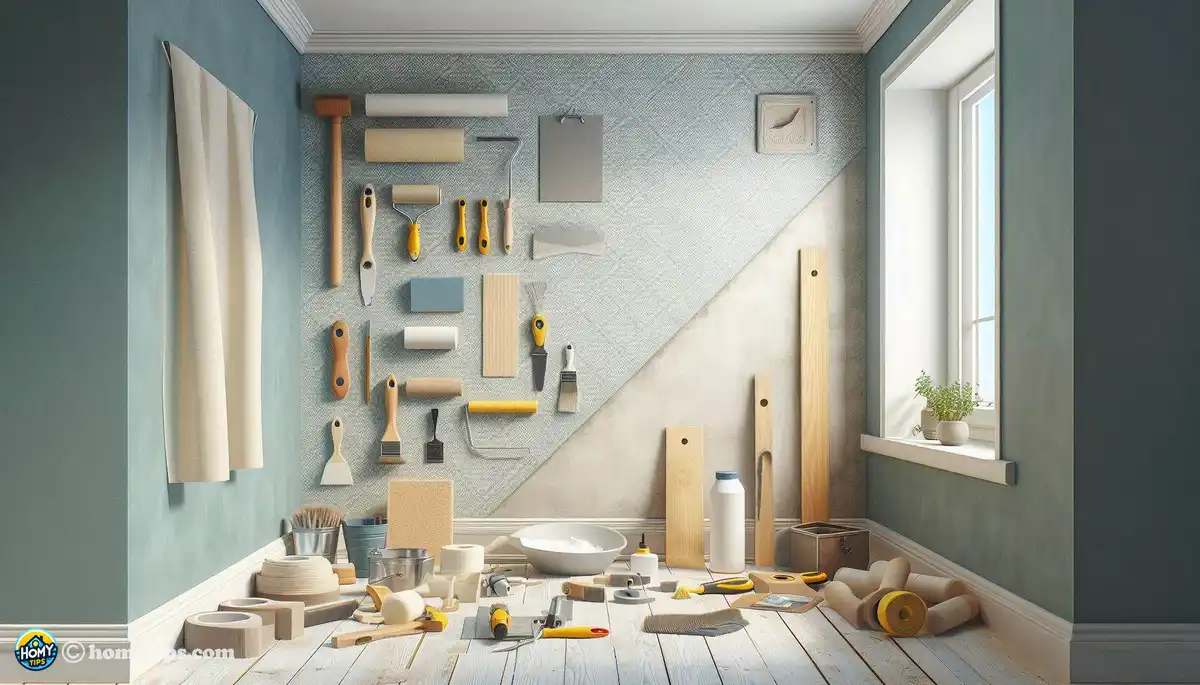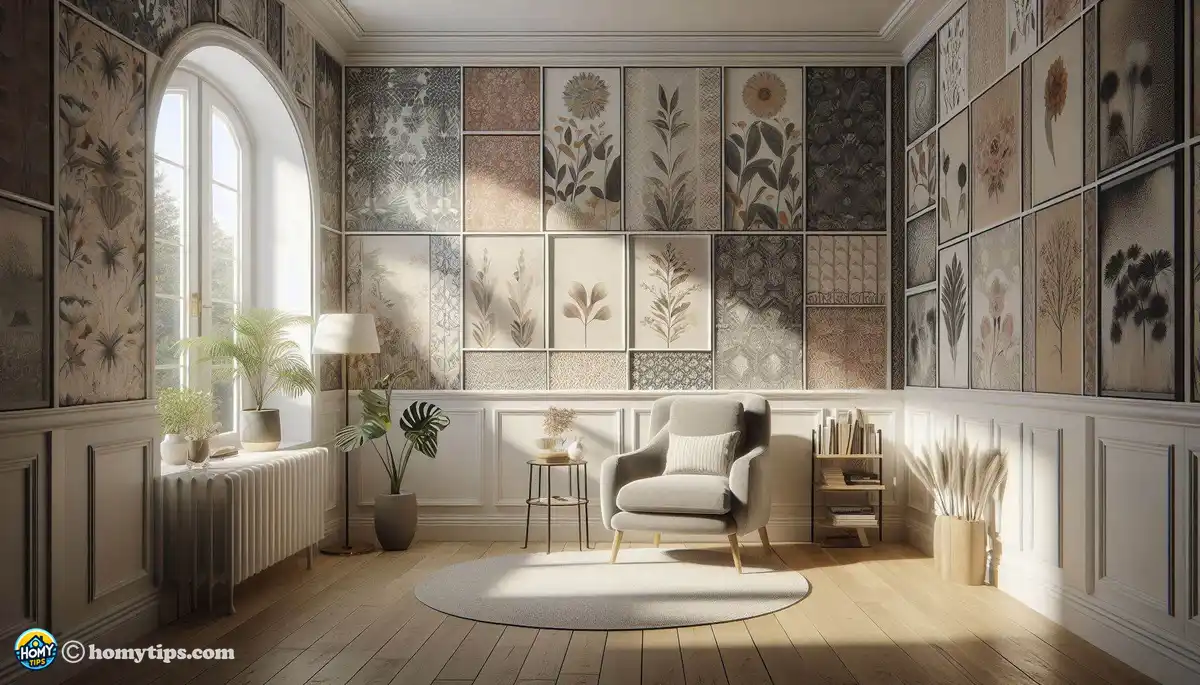
How to Prepare Your Walls for Wallpapering: A Comprehensive Guide
Marley Krug - Nov 17, 2024 - 9 min read


Wallpaper is perhaps one of the most transformative elements in designing your home. It's not about covering your walls; it's about expressing your personality and creating a space that feels like home. The patterns of wallpaper play a very important role in this process, setting the tone for the entire room. From bold geometrics to delicate florals, each pattern tells a story and adds depth to your space.
Consider what mood you would want to bring in with each room and the kind of effects different patterns could bring before entering into the world of wallpapers. Which colors, texture, or motifs really catch your eyes? Let what you feel be the result of your personal taste when it comes to personal tastes and experiences.
They start from traditional to contemporary patterns- everything in between. Classics like stripes, intricate dams, or whimsical print patterns are there. Alright, let's take sometime and explore the different pattern types and see what interests you. Who knows? You might find something!
Consider the scale and proportion of the wallpaper pattern. A larger pattern will make a bolder statement and add drama to the room, whereas a smaller pattern is subtle and versatile. Consider the size of your space and how the pattern will play with other elements in the room. You want to get the right balance so that the wallpaper enhances the overall aesthetic without overwhelming the space.
Nature is probably man's most timeless inspiration from wallpaper patterns. Nature-themed designs may range from heavy botanicals to scenic backgrounds, all of which depict a very serene environment perfect for harmonious interior appeal. For example, there are leafy motives; flowers or water color-like landscapes can be found or used in your walls with the hope of breathing your space into natural life as well as warmth.
Other wallpaper patterns find their inspiration within the arts and culture fields. The geometric shapes used in bold colors by an Art Deco movement down to the Moroccan tiles could be quite detailed. To get some design history together, look into your most favorite artists, architects, and historical periods. For great taste, don't be shy to add a twist by customizing some classic motifs that you might love.
Before entering a wallpaper project, ensure you estimate the level of your skills and comfort in doing DIY things. Some patterns are not very difficult to install while others demand special techniques and tools. Identify what you do best and when you have to hire a professional. A perfectly done wallpaper installation can either make or break your space, but a poor job may cost you too much and become frustrating.
Preparation is the best way to have a perfect wallpaper installation. Ensure your walls are clean, smooth, and free of imperfections before you start working. Remove existing wallpaper or paint, fill holes or cracks, and sand rough spots. Create a comfortable and organized workspace with ample room to maneuver and store tools. Proper preparation will make the process smooth and seamless.
Test your wallpaper patterns by ordering some samples before investing in a full roll. Hang them up and live with them for a few days to see how the look different at various times of the day and in changing light conditions. Save yourself from costly mistakes.
Do not be afraid to get creative and mix and match different wallpaper patterns in the same room or throughout your home. Pair bold geometrics with delicate florals or mix modern prints with vintage-inspired designs for a truly eclectic look. Just make sure you choose patterns that complement each other and create a cohesive aesthetic. Mixing and matching can add depth and visual interest to your space.
Maintenance will keep your wallpapered space looking fresh and in place. Regular dusting by soft brush or attachment to a vacuum removes all the dirt and debris sticking onto the wallpaper. Some tough stains can be mildly cleaned with a mild detergent and water, but try not to scrub too much that may damage the wallpaper itself. Vinyl wallpapers can easily use a damp cloth if a deeper cleaning is wanted.
It is very likely that, after some time, the wallpaper will begin to wear off at the edges or lift at the seams. This should be corrected as soon as possible to avoid any further damage and maintain your walls' integrity. This can be done by using a small brush or roller to apply wallpaper adhesive to loose edges or seams before smoothing them down with a wallpaper seam roller. However, if the damage is worse, you will have to patch or even replace parts of the wallpaper.
It's the end of the day when it comes to trusting your instincts and embracing what makes you happy. Do not be swayed by trends or outside opinions; rather, choose patterns that speak to you on a personal level and make you feel at home. Be it bold and adventurous or subtle and understated, personal style cannot go wrong. Let your creativity and individuality shine through in your home and let it really be who you are.